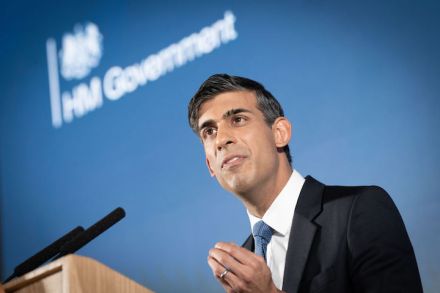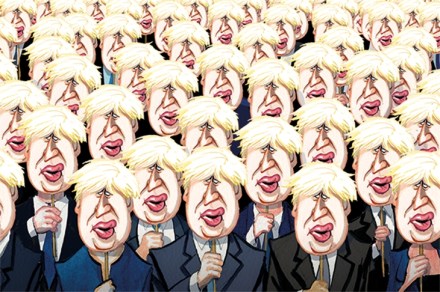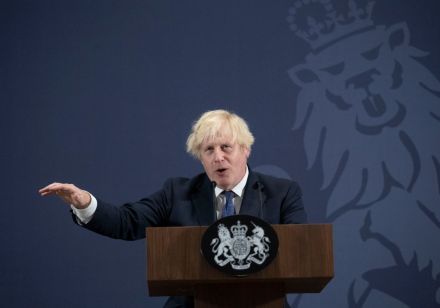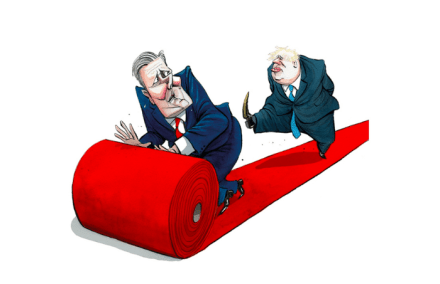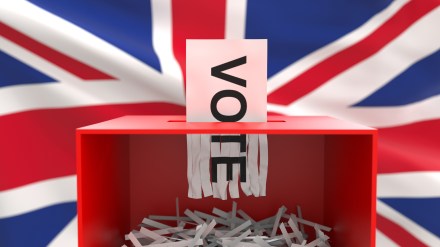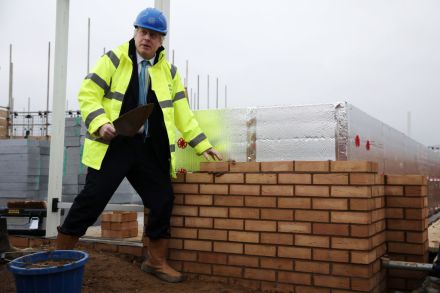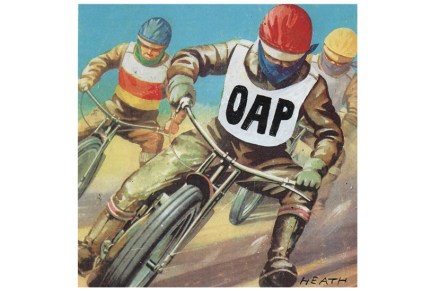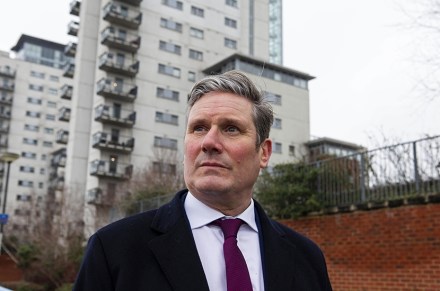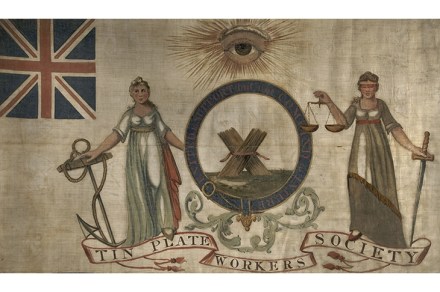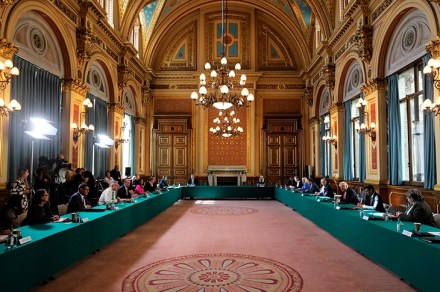The chart that will decide Rishi Sunak’s fate
After his five key pledges speech this week, one can only conclude that Rishi Sunak must have been shown the chart. The chart in question crops up in a regular update that polling firm YouGov puts out on the key political issues, as seen by various segments of the electorate. It measures the priorities of those who voted Conservative in 2019 and therefore have it within their collective power – and potential inclination – to grant the party yet another term in office. And it has told a consistent story for the past two years. The three biggest issues for voters – miles ahead of anything else – are the
